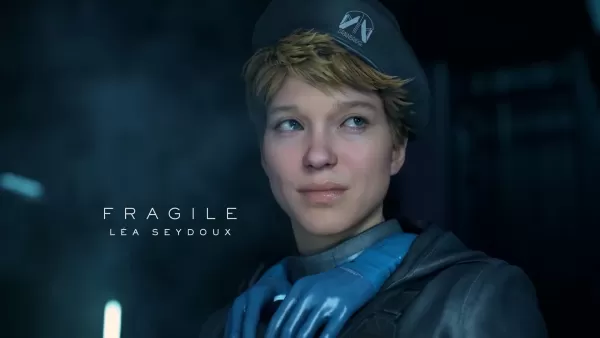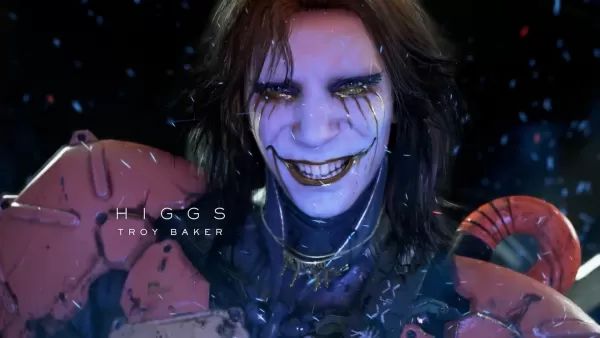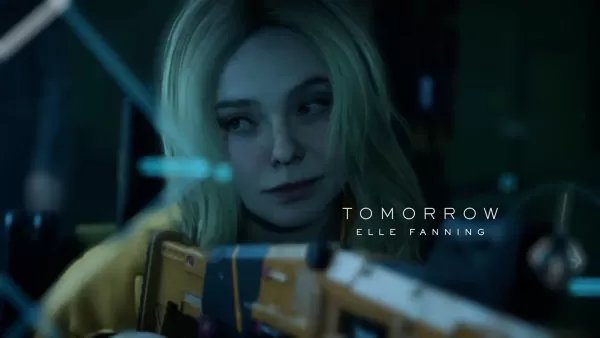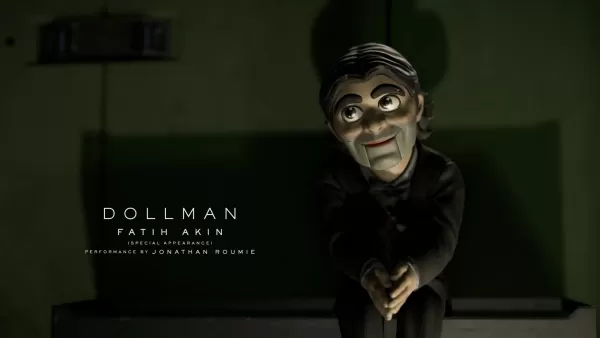by Joseph May 17,2025
Hideo Kojima’s Japanese radio podcast KOJI10 offers a fascinating glimpse into the mind behind iconic games like Metal Gear Solid and Death Stranding. In the latest episode (Episode 17), Kojima delves into the innovative use of real-time mechanics in video games, sharing both past implementations and new, unexplored concepts. One intriguing idea he mentioned was initially intended for the upcoming Death Stranding 2: On The Beach but ultimately scrapped.
Kojima has long been known for integrating players' real-world time into gameplay. He highlights two memorable examples from 2004’s Metal Gear Solid 3: Snake Eater for the PS2. To enhance the survival experience in the jungle, the game utilized the console’s internal clock to spoil food after a few real-life days. Consuming spoiled food could cause Snake to become violently ill, or players could ingeniously use it as a weapon by throwing it at enemy soldiers.

 View 14 Images
View 14 Images



Another clever use of the system clock was in the boss battle against the elderly sniper, The End. “Although he is a really tough boss, if the player waits a week, The End will die of old age,” Kojima recalls. Players who load their save file a week later will witness a cutscene where Snake finds The End deceased.
Kojima also shared an unimplemented idea for Death Stranding 2, where Sam’s beard would grow over time, requiring players to shave it. “Originally in Death Stranding 2, I was going to have Sam’s beard gradually grow out over time, and the player would have to shave it. If they didn’t, Sam would end up looking unkempt,” he explains. However, due to Norman Reedus’s star status, Kojima decided against it, not wanting to portray him as uncool. Despite this, he remains open to exploring this concept in future projects.
Additionally, Kojima conceptualized three game ideas centered around real-life time mechanics. The first is a life simulation game where the player ages from childhood to old age. “It starts out with the player being born, you’re a child and then gradually over time you become an adult. In the game, you fight various enemies. Like with the previous example (MGS3’s The End), if you keep playing the game, you will become a 70 or 80-year-old man. However, at this age, you will be weaker, your eyesight will worsen. When you are a teenager, you’ll be able to run faster but by the time you reach 60, you’ll slow down a bit,” Kojima explains. As characters age, their physical capabilities change, but they gain more knowledge and experience, impacting strategic gameplay. “But no-one would buy it!” Kojima jokingly remarked, although his podcast co-hosts showed enthusiasm for such a unique “Kojima-like game.”
Another concept involves a game where players nurture something that matures over time, like wine or cheese, suggesting a potential idle game experience. Conversely, Kojima proposed a “forgetting game” where the protagonist gradually loses important memories and skills if the player doesn’t play frequently. “If you don’t play every day, the main character will gradually forget things such as ‘how to fire their gun or what their job is.’ This forgetfulness builds up until finally the player is unable to move. ‘Players would have to take a week off work or school to play it,’ Kojima laughs.”
As fans eagerly anticipate the release of Death Stranding 2 on June 26, they might indeed need to take time off. For more insights into the game, check out our interview with Kojima and our impressions after playing through the first 30 hours.
"Clair Obscur: Expedition 33 Hits 1 Million Sales in 3 Days"
Roblox Deep Descent: January 2025 Codes Revealed
How to Feed Villagers in Necesse
Ragnarok V: Returns Beginner's Guide - Classes, Controls, Quests, Gameplay Explained
Bitlife: How to Complete the Renaissance Challenge
"Ōkami 2: Capcom, Kamiya, and Machine Head Discuss Sequel in Exclusive Interview"
Bahiti Hero Guide: Mastering the Epic Marksman in Whiteout Survival
Top 10 Liam Neeson Films Ranked